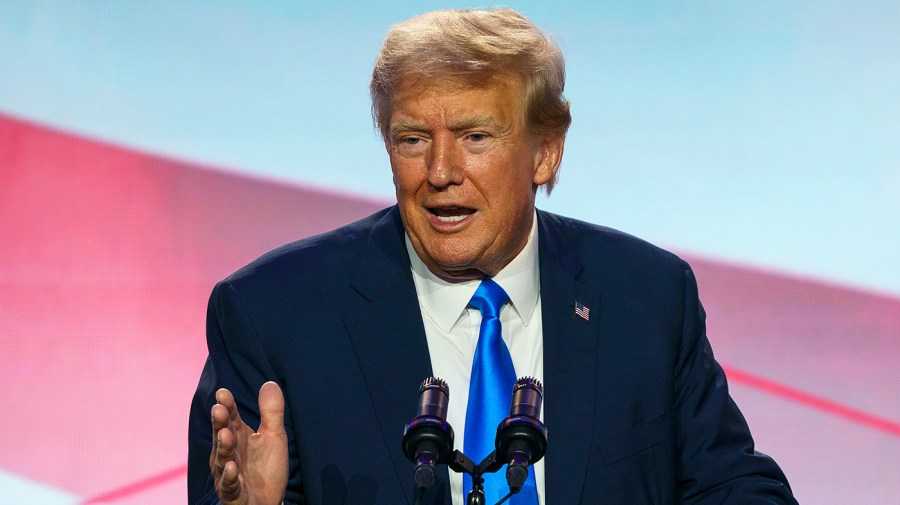New Report Details $7.8 Million in Foreign Payments to Trump Businesses

Former President Trump received at least $7.8 million from foreign entities located in 20 different countries during his time in office, according to a recent report from Democrats on the House Oversight Committee. This revelation has sparked criticism from opponents, who argue that these payments may violate the constitutional prohibition on accepting funding from foreign governments. The report provides a thorough examination of Trump's business dealings with foreign governments while in office, shedding light on the significant volume of these payments. Democrats have expressed concern that the total figure of foreign payments could be even larger. Additionally, they have accused the GOP of obstructing the release of vital documents related to the matter. The report highlights a pattern of millions of dollars in payments made by foreign governments and their agents directly to Trump-owned businesses, raising questions about potential conflicts of interest. Notably, a substantial portion of these payments - around $5.6 million - originated from China, with a focus on three specific properties. Ethics experts have long warned about the potential for these payments to constitute violations of the emoluments clause, which prohibits the president and other government officials from benefiting financially due to their position. The report also touches upon the business ties of relatives of President Biden, particularly Hunter Biden, with foreign governments, including China. While it was revealed that Hunter Biden was involved in business dealings with Chinese entities, Trump's business records indicate income from various Chinese government sources, adding further complexity to the situation. Beyond China, the report details significant spending at Trump's properties by countries such as Saudi Arabia and Qatar. These payments raise concerns about the influence of foreign entities on U.S. policymaking. The report, however, acknowledges limitations in fully documenting the scope of foreign spending due to a lack of accessible key records. It notes that the report's findings represent only a fraction of the total spending. This shortfall is attributed to various challenges, including issues with the release of documents from Trump's accounting firm, Mazars. The handling of these records has raised questions and triggered allegations of obstructing the investigation. The broader implications of the foreign payments to Trump's businesses during his presidency continue to be a subject of scrutiny and debate, underscoring the complexities associated with potential conflicts of interest and constitutional violations.